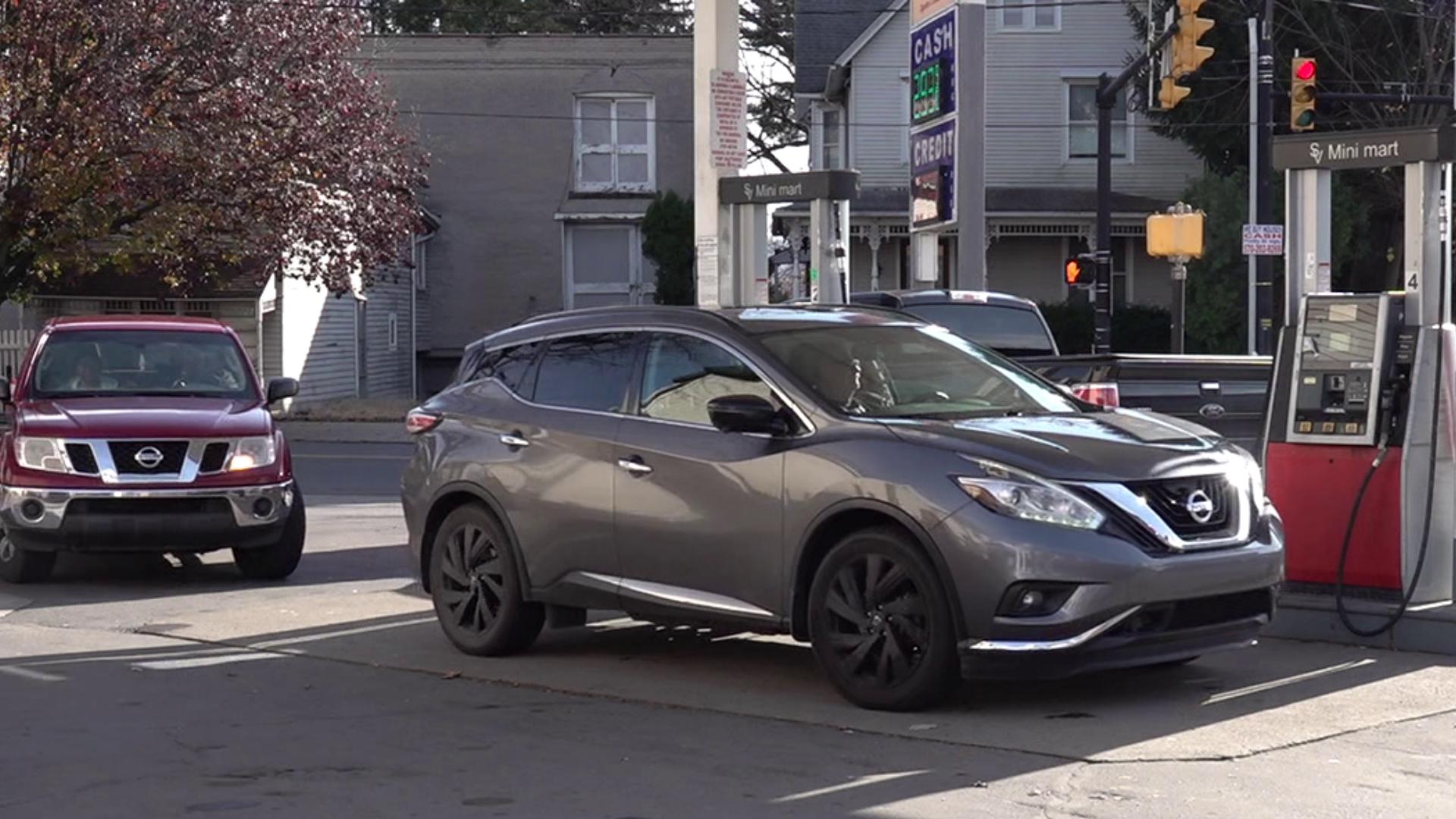HAZLETON, Pa. — Civil rights lawyers at the Justice Department want a federal judge presiding over a voting rights case in Luzerne County to reject an argument that a landmark 1965 law is enforceable only by the government.
The attorneys in the department’s civil rights division made the pitch earlier this month as a third-party in an ongoing lawsuit that alleges the Hazleton Area School District’s method of electing school directors dilutes the voting power of the district’s Hispanic population.
Federal authorities say the district’s argument is based in part on a “legally erroneous” appellate ruling involving the Voting Rights Act of 1965.
U.S. District Court Judge Karoline Mehalchick, who is presiding over the case, has not yet decided the district’s motion to dismiss the case.
The Hazleton Area School District lawsuit was filed in February on behalf of Aleida Aquino and Brendalis Lopez, two mothers with children in the district. It seeks to overturn the district’s “at large” system of electing school directors, which it claims diminishes Hispanic voting power.
Though a Latino candidate might win the most votes in Hazleton precincts, they’ll still end up losing a seat on the school board because the district’s white population sufficiently turns out as a bloc against them, the suit contends. The district’s student population in 2022 had a Latino majority, but the district’s board has never seated a Latino director.
Among the claims, the two mothers allege the district is in violation of the Voting Rights Act.
Whether they have standing to press that claim is now being called into question. And the question partly has its roots in a controversial appellate ruling in a state more than 1,000 miles away.
The Hazleton Area School District is seeking the suit’s dismissal by arguing, in part, that the Voting Rights Act is not enforceable through the claims of private individuals, just by the government.
The Justice Department filed a “statement of interest” earlier this month to weigh in and said that argument should be readily dismissed.
The district’s reasoning is buttressed by an Eighth Circuit Court of Appeals ruling on a case about the alleged suppression of Black voting power in Arkansas.
That case revolved around a challenge to the Arkansas state House map. The Arkansas State Conference NAACP and the Arkansas Public Policy Panel argued the state House district map “stifles” Black voters and violates the Voting Rights Act.
In November, the Eighth Circuit Court of Appeals upheld a district court decision that voters cannot sue to protect their rights under Section 2 of the Voting Rights Act. Enforcement power, the panel concluded, only rests with the U.S. Attorney General.
Criticism of the ruling centered on its break with precedent.
The Justice Department, weighing in on the Hazleton Area School District Case, called it a “legally erroneous outlier that gives scant attention to statutory text and decades of case law” to the contrary.
They pointed to a Supreme Court ruling from 1969, four years after the Voting Rights Act became law, when the high court held the act’s “laudable goal could be severely hampered, however, if each citizen were required to depend solely on litigation instituted at the discretion of the Attorney General.”
The American Civil Liberties Union of Arkansas said after the ruling that private plaintiffs brought more than 400 Section 2 lawsuits filed over the last four decades.
During that same period, the U.S. Attorney General brought just 44 cases, authorities said.
No federal court — save the Eastern District of Arkansas and the Eighth Circuit Court of Appeals — ever denied a private plaintiff’s ability to bring such a claim, according to the ACLU.
“By allowing this ruling to stand, the court set a dangerous precedent that could have far-reaching implications for our democracy,” Holly Dickson, executive director of ACLU of Arkansas, said in a statement.
It’s unclear how many active Voting Rights Act lawsuits have seen challenges that cite the Eighth Circuit’s ruling.
However, the Hazleton Area School District case is one example.
Mehalchick has not weighed in on the argument, which is just one part of the case.
The district argued in legal briefs that, even if the Voting Rights Act is enforceable by private plaintiffs, the claims Aquino and Lopez made should still fail because they do not adequately allege a violation of the act.
“It is clear that Plaintiffs’ dissatisfaction is caused by partisan politics coupled with a lack of a cohesive Hispanic voting bloc, not Hispanic vote dilution,” attorney Eric Fitzgerald argued on behalf of the district.



